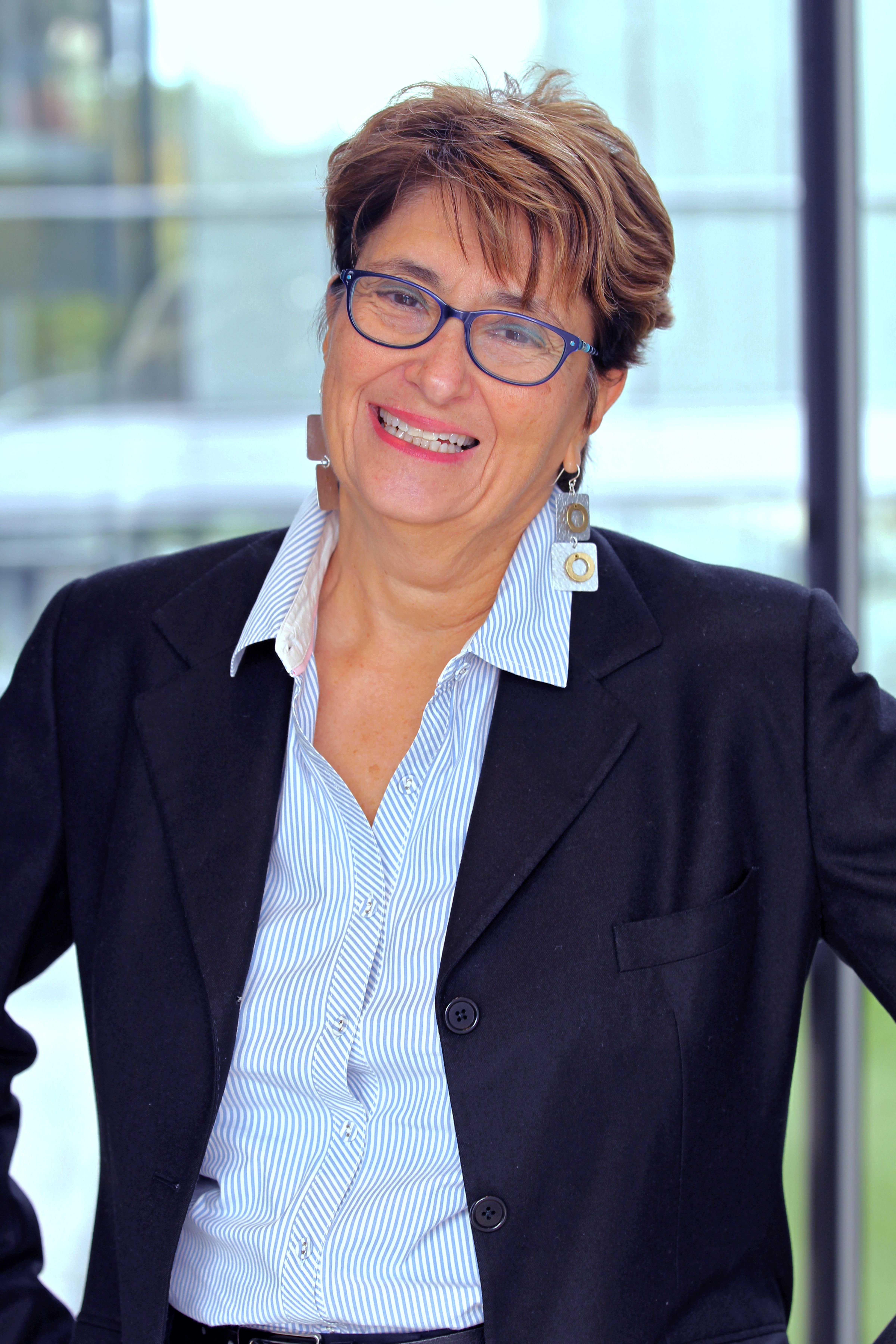Innovator Spotlight: Susan Froshauer, PhD

Susan Froshauer is the President and CEO of Pangolin Therapeutics and a Yale Ventures Entrepreneur-in-Residence. Susan is an experienced scientist, mentor, entrepreneur and investor with deep experience commercializing academic research and technology who has worked closely with the Yale and New Haven startup community.
How did you begin working with Yale innovators?
I began mentoring Yale student and faculty entrepreneurs over twenty years ago. At the time I led Rib-X Pharmaceuticals, which I co-founded with Yale faculty members Peter Moore, Bill Jorgensen and Tom Steitz. In addition to using boundless energy to build our company, I was passionate about influencing others to build their own and exploit excellent science.
Following my academic training, I launched my career managing a drug discovery lab at Pfizer. I was motivated to transition to a specialized group that did major deals with biotechs and universities. Our role was bringing new innovations and collaborations to Pfizer. This led me to get to know the Yale teams and scientists who work to commercialize Yale technology.
I left Pfizer to found Rib-X with a network of Yale scientists, including faculty, research assistants, post-docs and graduate students. It was an exciting time at the company when in 2009 Steitz won the Nobel Prize for using a method known as x-ray crystallography, which enabled a map of the structure of ribosomes and which is important in the development of antibiotics. Starting Rib-X was exhilarating. It was all about fusing the best of science, the most experienced people, and building a dynamic and mission-focused team to create much-needed new antibiotics.
Today, I continue to serve as an Entrepreneur-in-Residence for Yale Ventures, mentoring Yale faculty entrepreneurs. Presently I am the CEO of Pangolin Therapeutics, a chemistry-driven platform company targeting a number of therapeutic areas. In many compelling ways Pangolin is similar to Rib-X. We use a multidisciplinary drug discovery approach—an integration of computational chemistry, biophysics, biology and synthetic chemistry to develop new medicines with high medical need.
How do you think about building teams?
You need to recruit people who know more than you do about each aspect of both the science and business. I have thought of leadership of a start-up as conducting a symphony with common music, a diversity of instruments and exquisite performance. Your job as a founder or CEO is to bring it all together and to sell the product to investors.
What does it take to be an entrepreneur?
You have to be brazen. I raised $150 million and recruited immense talent to the Rib-X-mission. All of us were totally absorbed. After a time, the penetrating responsibility of funding such a high stakes research and development initiative was draining. When it was time to hand over the reins, I was delighted to enlist a CEO who had later stage company marketing and commercialization experience, especially in the complicated antibiotic space. One lesson I would share—being comfortable to say it is time to transition and do other things.
How has New Haven’s biotech ecosystem evolved?
The early founding days were challenging with little lab space or infrastructure resource. Thanks to Carter Winstanley, who had a real estate developer’s early vision for New Haven, we were able to renovate space on George Street. When companies like Alexion (now AstraZeneca) expanded and created critical mass in the community, attracting talent and eyes of investors improved. That migration to New Haven continues. Today with Yale so deeply engaged by opening its doors, convening opportunities, and playing an active role, New Haven is recognized as a go-to place for bioscience.
How do you think about mentorship?
I love helping students and faculty explore their ideas, offering feedback, practical experience, networks, especially in the area of new medicines. An entrepreneur may be lonely, a mentor is a consistent teammate and advocate. Cultivating an idea is like gardening—one of my favorite things—you need someone who is there in the soil and who knows how to plant.
I understand you’re an avid birder and I wonder if you draw any connections between your work in drug discovery and the world of birding?
I was trained in bioecology and botany and love to travel to feed a birding hobby. When birding, we may hunt for that rare bird, which is like hunting for the drug. In New Zealand we sought the reclusive rockwren. We put on our gear prepared to go hiking and perching to wait for hours. Instead, we found the wren right in the parking lot. Both birding and drug discovery involve adventure, discipline, and patience. You also need to observe what is in front of you and engage the intellectual surprise.
